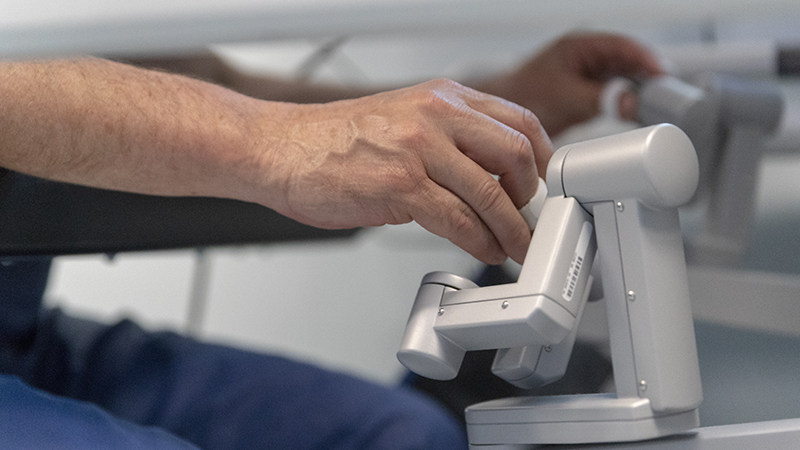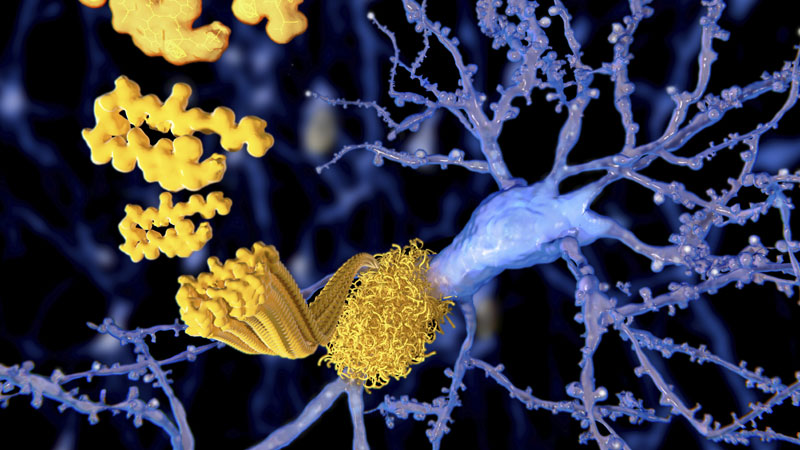HIV Prevention: What Is PrEP?
Plus, Other Prevention and Treatment Methods
Updated November 2022
Human immunodeficiency virus (HIV) weakens your immune system and makes you vulnerable to illness. Left untreated, HIV can lead to acquired immune deficiency syndrome (AIDS). While it is estimated that more than 1.2 million people in the U.S. are living with HIV, around 13% of them do not know they are infected.
We've made a huge leap in what we can offer to patients.— Michael P. Angarone, DO
HIV has long carried a stigma that harms those at risk for and those who have the disease. Today, several decades after the discovery of HIV, there is still no cure, and HIV stigma persists.
However, medical communities now have a much greater understanding of the virus and how it is transmitted. Advances in medicine are helping people reduce their risk of becoming infected with HIV and enabling those who are infected to live longer, healthier lives.
"Every decade, we've made a huge leap in what we can offer to patients with HIV," states Michael P. Angarone, DO, associate professor within the Division of Infectious Diseases at Northwestern University Feinberg School of Medicine. "While our final goal is getting rid of the virus, advancements in prevention and treatment have transformed how providers are able to care for their patients with HIV. The conversation has shifted from end-of-life care to daily medication for HIV management."
HIV Transmission
HIV can be transmitted through:
- Blood
- Semen
- Vaginal fluids
- Rectal fluids
- Breast milk
It cannot be spread through casual contact, such as sharing towels or bedding, saliva, sweat or toilet seats. Condoms remain an effective choice to reduce the risk of transmitting or acquiring HIV through sexual contact.
HIV Prevention: PrEP
One of the key medications when it comes to HIV prevention and management is pre-exposure prophylaxis (PrEP).
According to the Centers for Disease Control and Prevention (CDC), when taken as prescribed before exposure to the virus, PrEP:
- Reduces the risk of getting HIV from sex by about 99%
- Reduces the risk of getting HIV from sharing drug injection equipment by at least 74%
PrEP is offered either by a daily oral tablet or an injection every two months. For those who inject drugs, only PrEP tablets are recommended.
The medication does not protect against other sexually transmitted infections (STIs) or pregnancy.
HIV Tests
Early detection offers more choices for treatment, lowers your risk for complications and helps you manage your symptoms. According to the CDC, everyone between the ages of 13 and 64 should get tested for HIV at least once as part of routine health care. You should get tested at least once a year if:
- You are a man who has had sex with another man.
- You have had anal or vaginal sex with someone who has HIV.
- You have had more than one sexual partner since your most recent HIV test.
- You have shared needles, syringes or other drug injection equipment.
- You have exchanged sex for drugs or money.
- You have been diagnosed with or treated for another sexually transmitted disease.
- You have been diagnosed with or treated for hepatitis or tuberculosis.
- You have had sex with someone who has done anything listed above or with someone whose sexual history you do not know.
If you think you may have been exposed to HIV, immediately notify your physician or care team. They can order testing and coordinate treatment, if needed.
HIV Treatment
If you test positive, immediate treatment is recommended.
"With treatment, you can also help decrease the spread of HIV," Dr. Angarone says. After a positive test, post-exposure prophylaxis (PEP) may be recommended. This medication should be used in emergency situations and, to be effective, must be started within 72 hours after possible exposure.
The cornerstone of HIV treatment is antiretroviral therapy (ART), which can prevent the virus from damaging your immune system further and reduce your chances of transmitting HIV to sexual partners. ART can either be:
- Pills, which are recommended for people who are just starting HIV treatment
- Shots, which are considered for people who have so little virus in their system that it is undetectable or for those have been virally suppressed for at least three months
In some cases, ART can even reverse damage that has been done. There are different antiretroviral drugs used in ART, and the treatment is recommended for all people living with HIV, regardless of how long they have had the virus.
Getting Support
It is important to talk openly about the disease with your partner(s), loved ones and your care team. Communication can:
- Help you cope with your HIV diagnosis
- Help reduce transmission
- Help increase testing
- Help ensure you have access to the healthcare services you need
Know that you are not alone. Receiving an HIV diagnosis is life-changing, both for you and for those you love. However, with proper guidance, treatment and support, you can live a long, healthy life.







